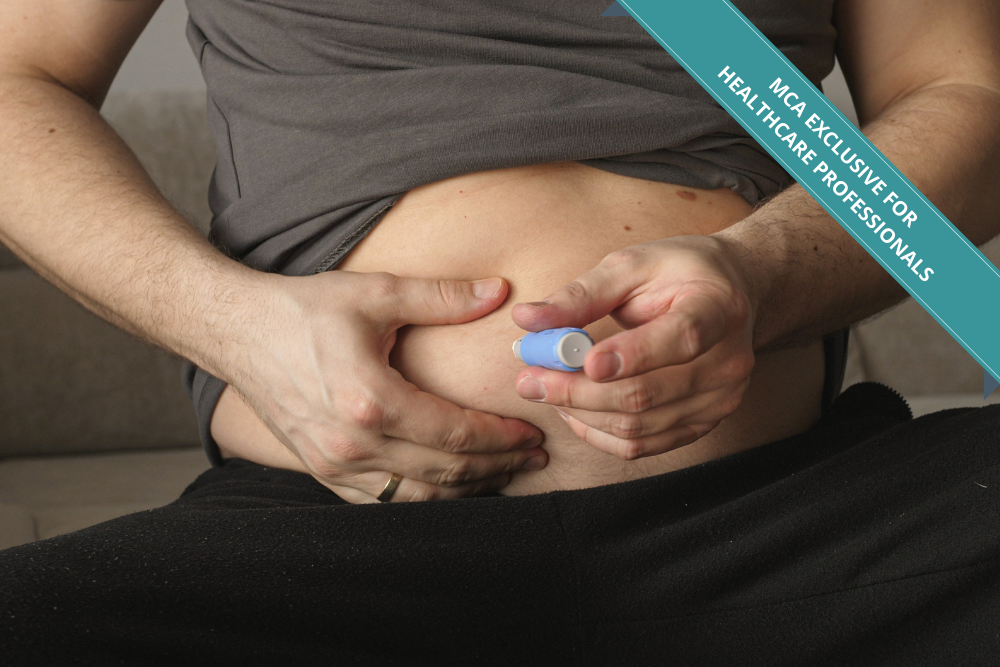The use of glucagon-like peptide-1 receptor agonists (GLP-1 RA) have increased significantly in recent years due to its marked efficacy in body weight reduction in clinical trials and most recently, due to claims by celebrities and social media personalities that they have lost weight after using Ozempic (Semaglutide). While there were earlier concerns on supply shortage due to high demand of on-label and off-label use, there has been reports of a new adverse event signal that has drawn scrutiny from health authorities in the United States (US), European union (EU) and in Asia about its possible link to suicidal episodes.
Log In or Register as a healthcare professional to read the full article.













